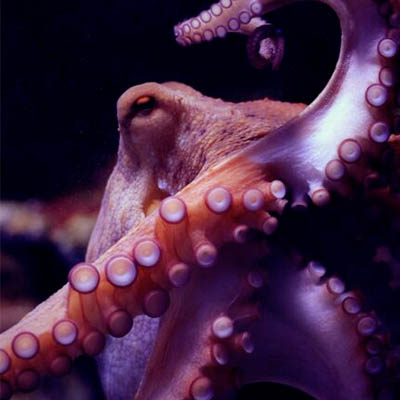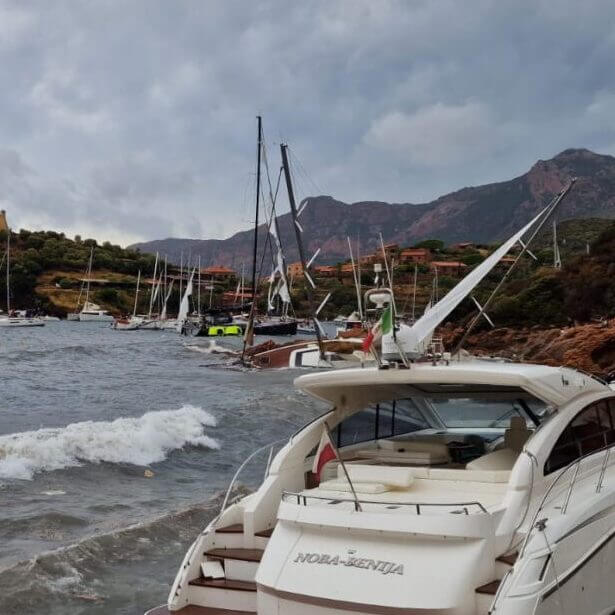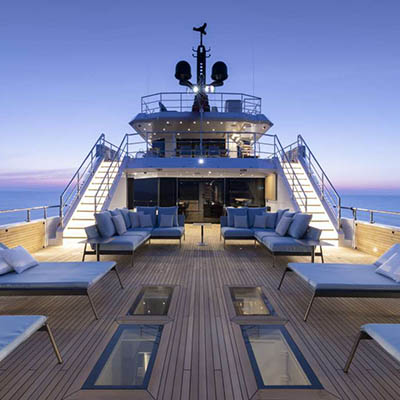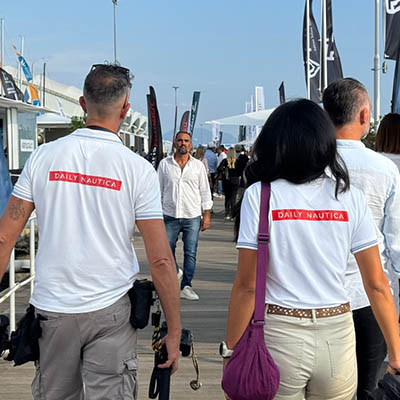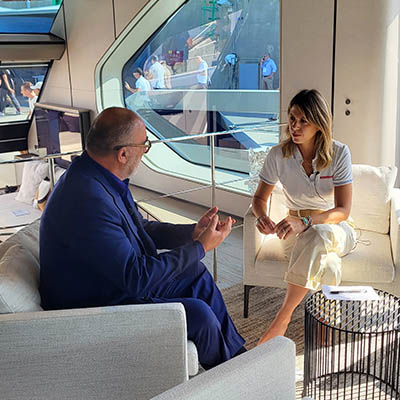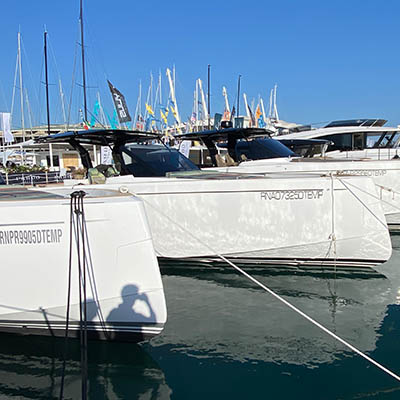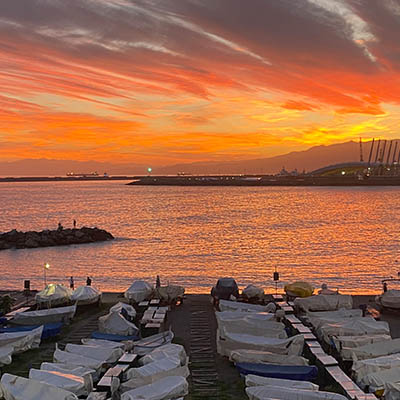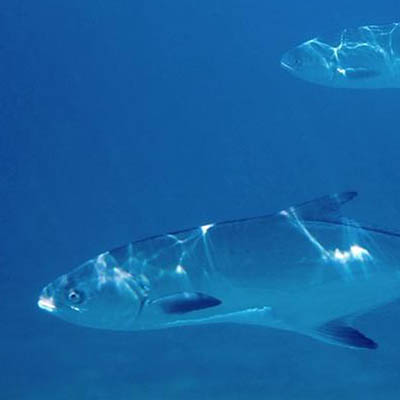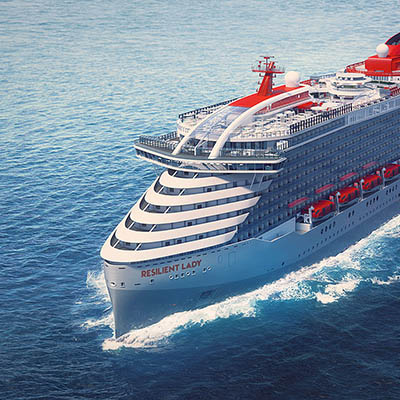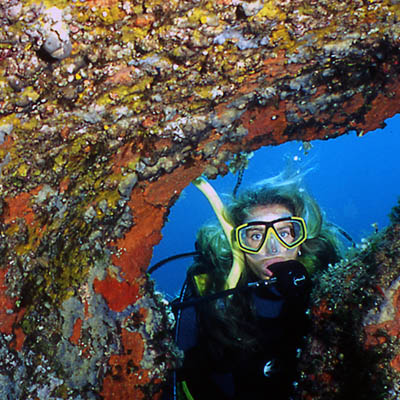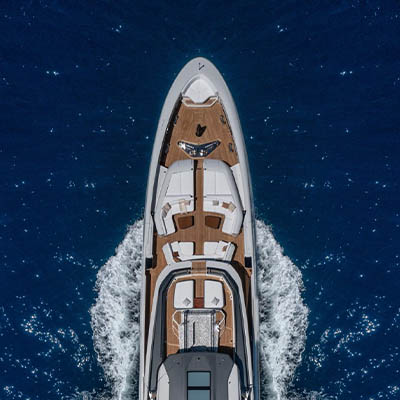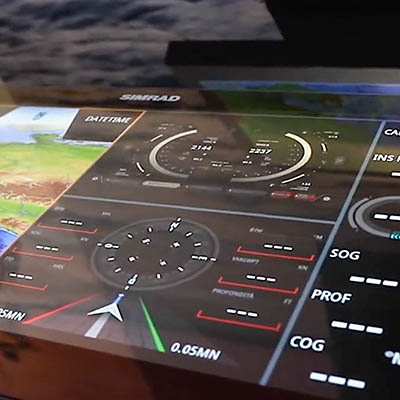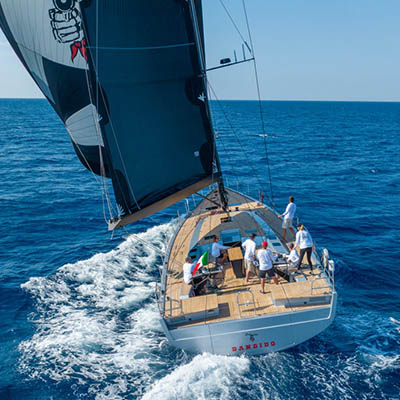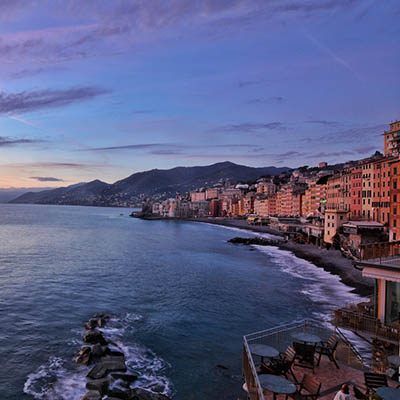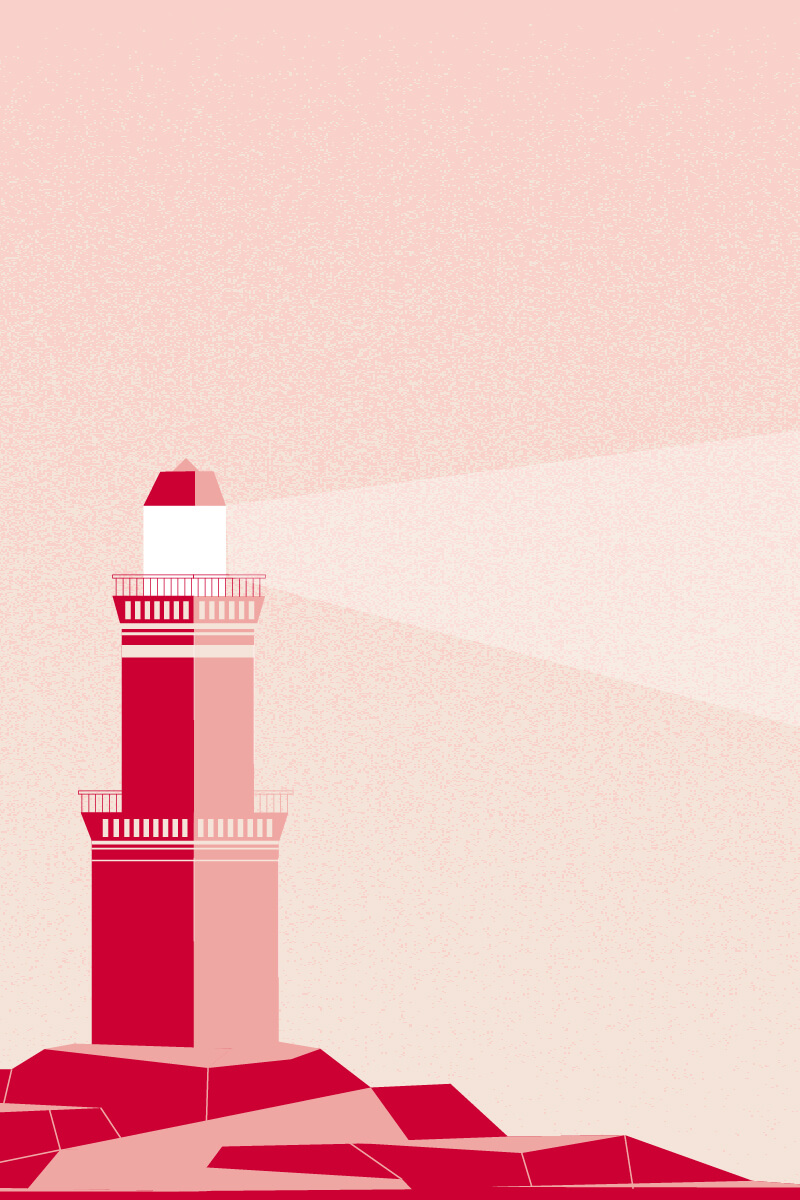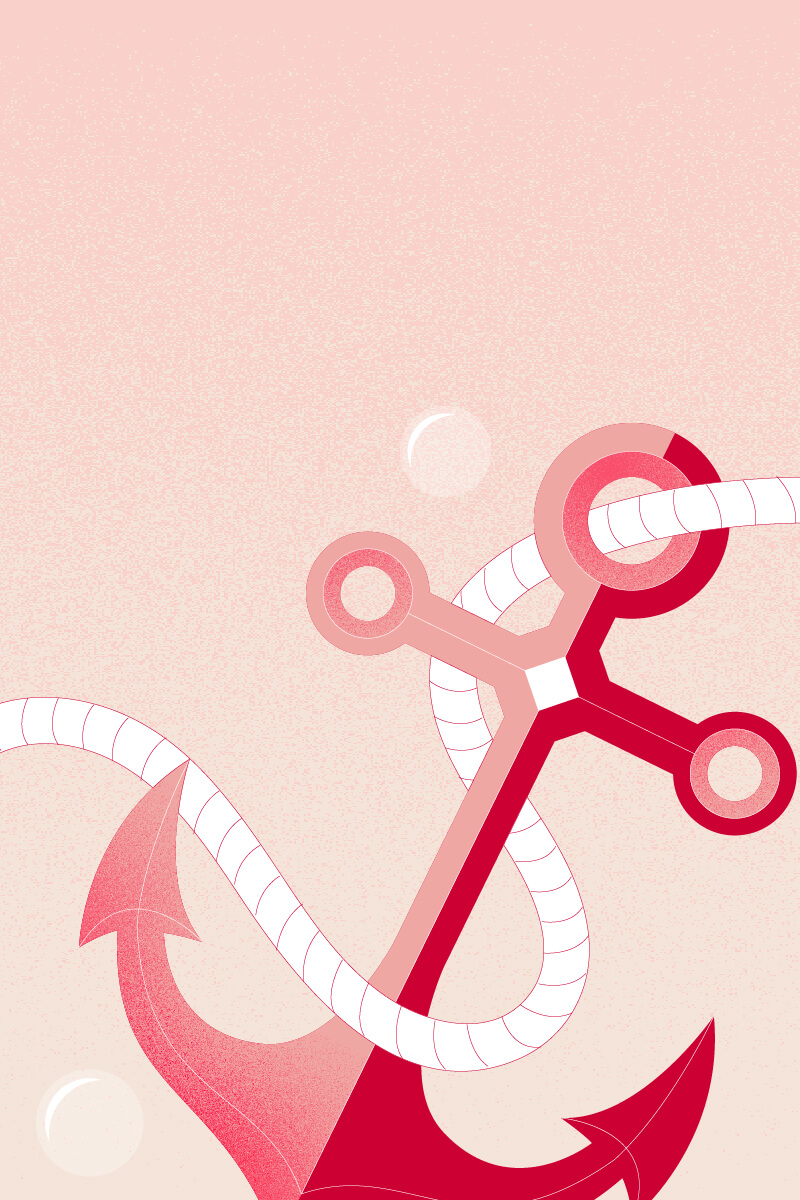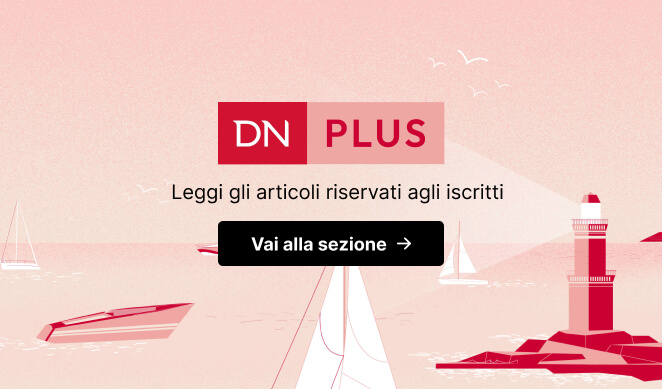Dhamma Blue: the innovative and sustainable Spanish hydrogen boat – Video and photos by DN
Daily Nautica was first on board the Dhamma Blue, a hydrogen electric boat built in Spain
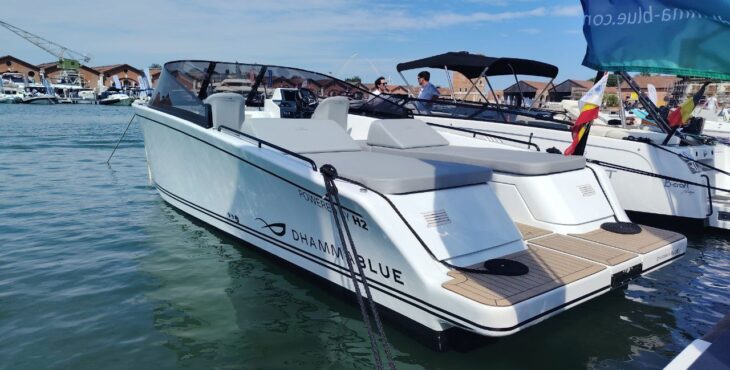
Daily Nautica was first on board the Dhamma Blue, a hydrogen electric boat built in Spain
The sixth edition of the Venice Boat Show focused widely on sustainability, with an area dedicated to electric and green solutions. Among these was the Dhamma Blue: developed in Spain, it stood out for being the only hydrogen vessel.
7.90 metres long and innovative solutions in propulsion, the Dhamma Blue is a concrete step forward towards decarbonisation, and of particular interest for sea faring cities like Venice. Daily Nautica, media partners for the event, interviewed Carlos Orive Gonzàlez, the naval engineer who contributed to the project.
The Dhamma Blue project
Dhamma Blue is a hydrogen electric boat with a 140 kW electric motor, that functions using hydrogen fuel. The battery powers the engine and expands the speed range beyond that of a standard electric vessel. Performance is excellent, similar to that of diesel: at 12 knots the vessel has an autonomy of 65 nautical miles, but it can reach a maximum speed of 28 knots.
“The Dhamma Blue project – shares Carlos Orive Gonzàlez with Daily Nautica – started two and a half years ago in Madrid, with the aim of designing, building, and selling more sustainable boats. For this reason, we concentrated firstly on propulsion, developing the entire hydrogen system, but the desire is to integrate different technologies to reduce the overall impact of construction, and of the entire project.”
The objective of environmental sustainability is also worked towards through the continuous research in details, for example, in choice of materials. With this in mind, sustainably sourced cork was used in construction, along with fibre glass, but eventually, we want to replace this with fibres from completely natural sources.
The path to sustainability
The solutions provided by Dhamma Blue could provide great opportunities, in particular for places like Venice, where navigation must become carbon free in order to protect the very delicate ecosystem.
“We believe – says Gonzàlez – that for Venice, with its sea-faring tradition, hydrogen has excellent potential, because it would reduce local pollution caused by boat engines. We believe that transitioning to hydrogen and electric would be good here: it is an excellent place to focus on, like all other cities with a close connection to the water.”




